On May 18th, 1951, Donald Maclean and Guy Burgess caught the Southampton to St Malo overnight ferry and disappeared.
Their flight in the face of the imminent arrest of Maclean provided proof positive of Soviet penetration of the upper reaches of Britain's ruling structures and announced to the whole world that the USSR had been engaged in war with the west for nearly a quarter of a century, despite the likes of Britain and the USA being almost oblivious for the first few decades.
I have a keen interest in the era of Cold War spies, pretty much from those involved in stealing the secrets of the atom bomb during WW2 right up to those who were the basis for hit US television show The Americans.
There is an even keener interest in the Cambridge spies, of which Burgess and Maclean were two of the most infamous. Indeed, there is a long term project which I am gathering material on to write something about Maclean. His story is, I feel, one that has been untouched in the way of Philby, Blunt, and Burgess.
Part of the material collection process is looking at books on the era and the people involved. As such I was recently listening to Guy Burgess: The Spy Who Knew Everyone by Stewart Purvis and Jeff Hulbert.
Talking of Guy's birth they mentioned him being born at 2 Albermale Villas, in Plymouth.
This brought me up short. It's some time since I've read about the early life of Guy Burgess, so long that in the eight years I've lived across the river from Plymouth, it had never registered. Still, Albermale Villas struck an extra chord. I was sure I'd seen them. A look at the map confirmed my suspicion. Seen them, driven down the street they are built on.
I went to look, and then I knocked the door of number two and asked the very nice lady living there if she'd mind me taking a couple of pictures. She said that they've wondered about getting a plaque put on the exterior of the house, there are quite a few of such notices around Plymouth, but thought a memoriam of one of the most notorious British spies for the Soviet Union may not be what the Blue Plaque people wanted to identify with.
Either way, we agreed it was an interesting footnote of history that in the house pictured below there was born one of the most notorious British people of the twentieth century.
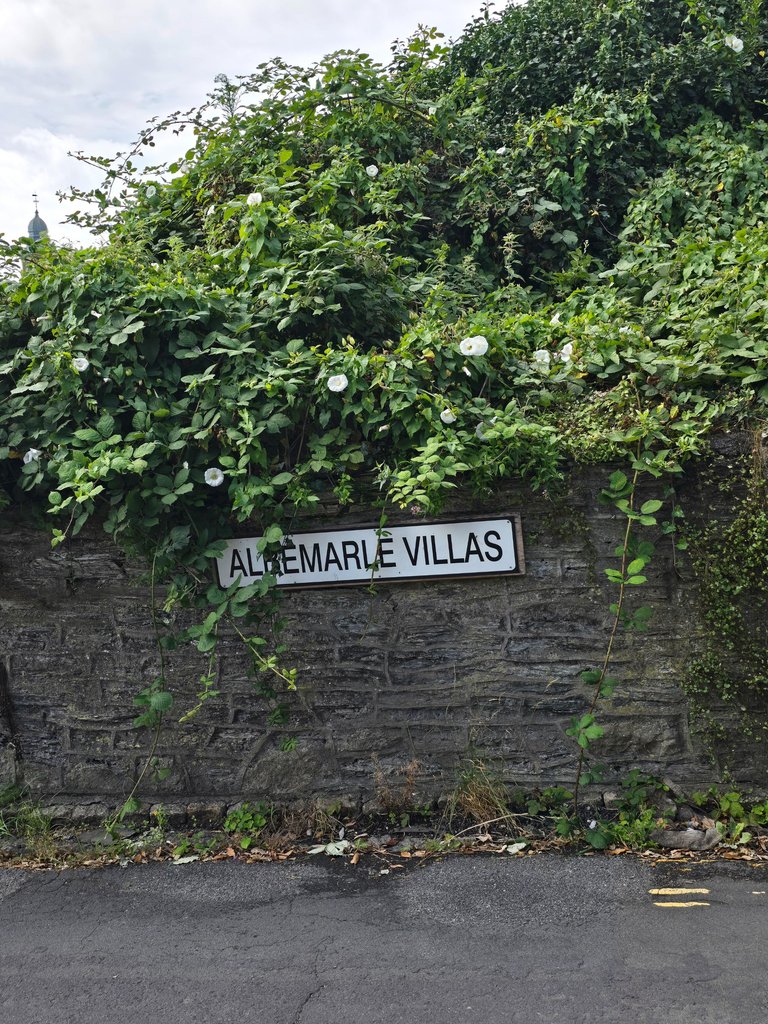
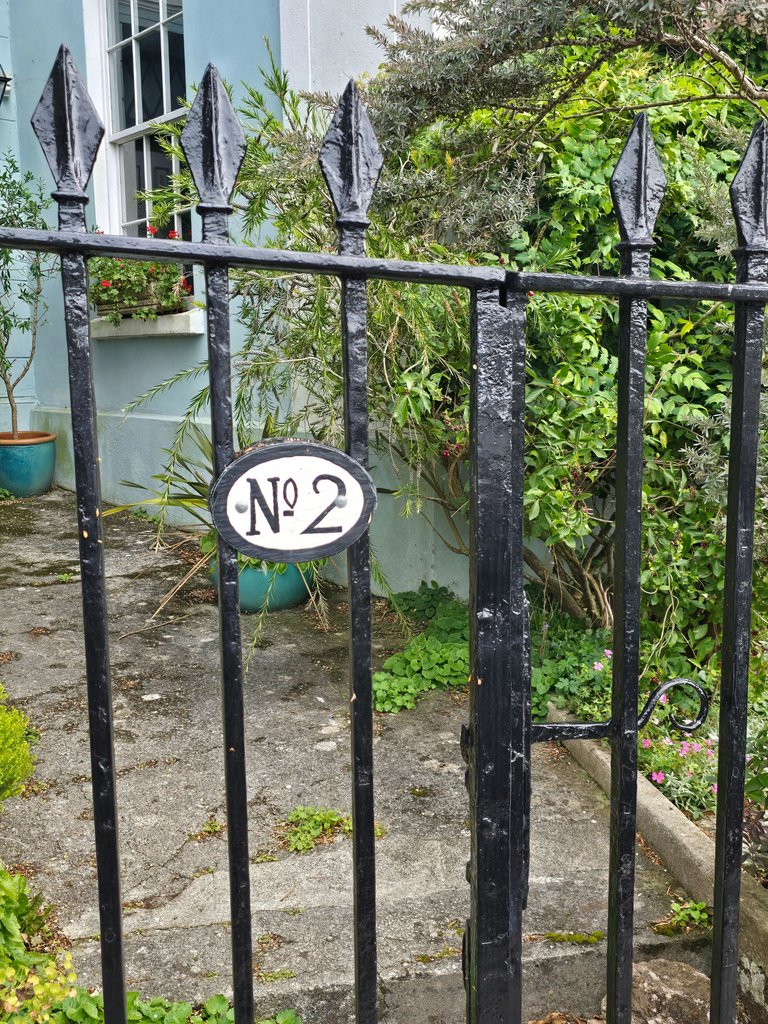
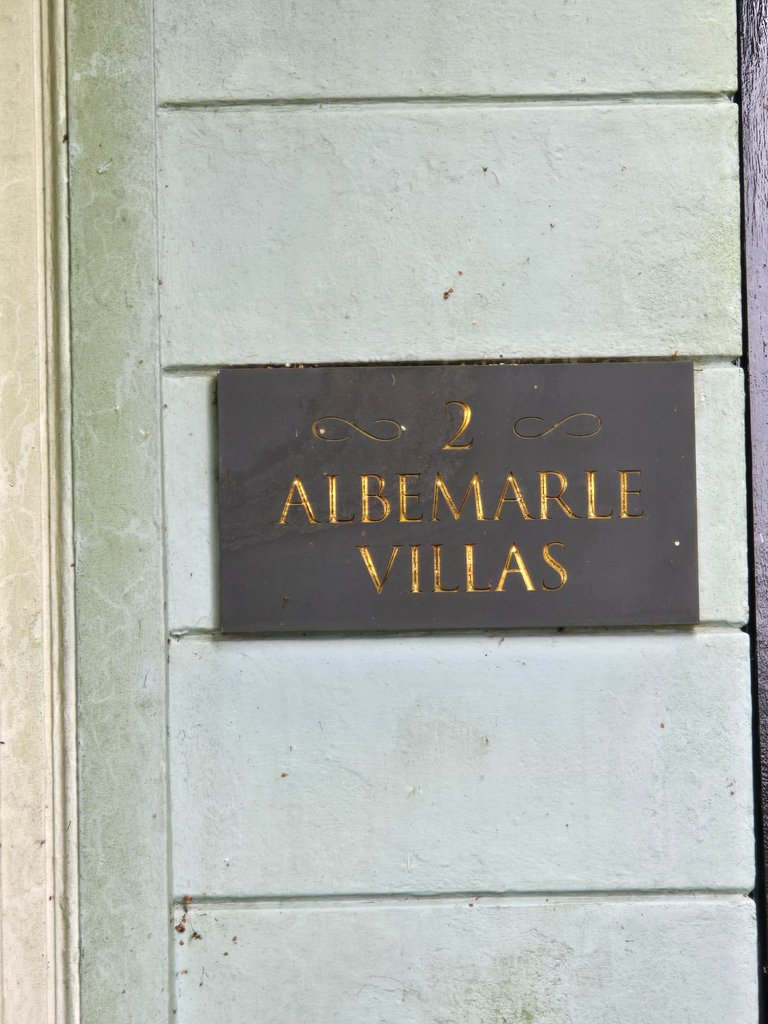
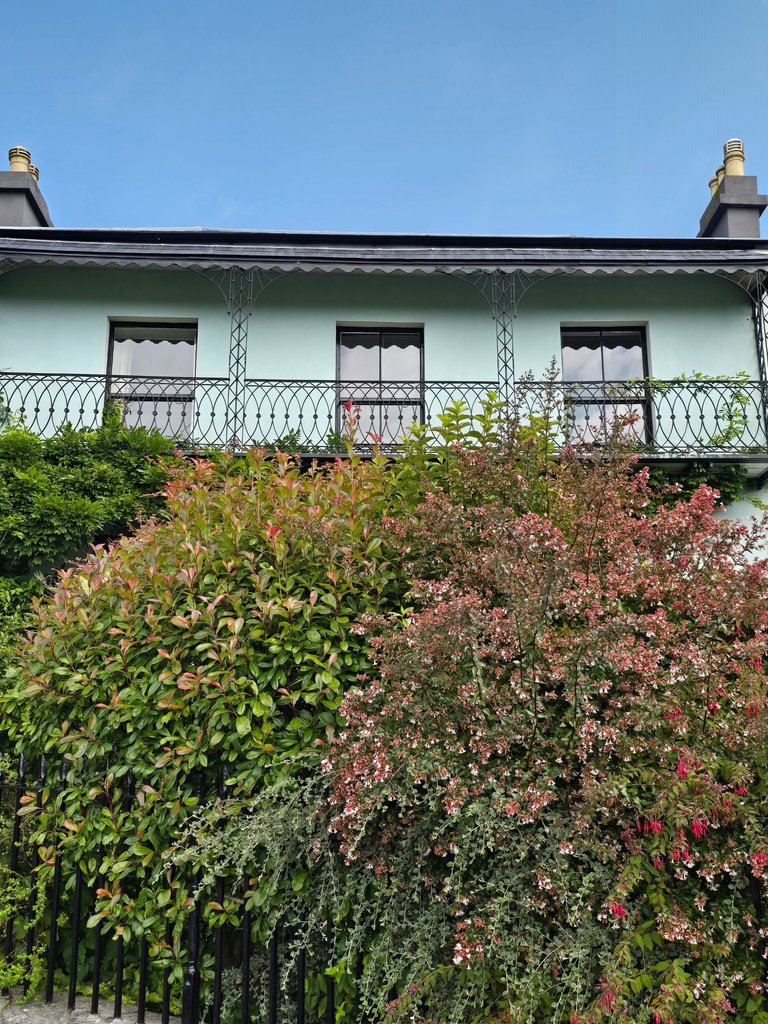
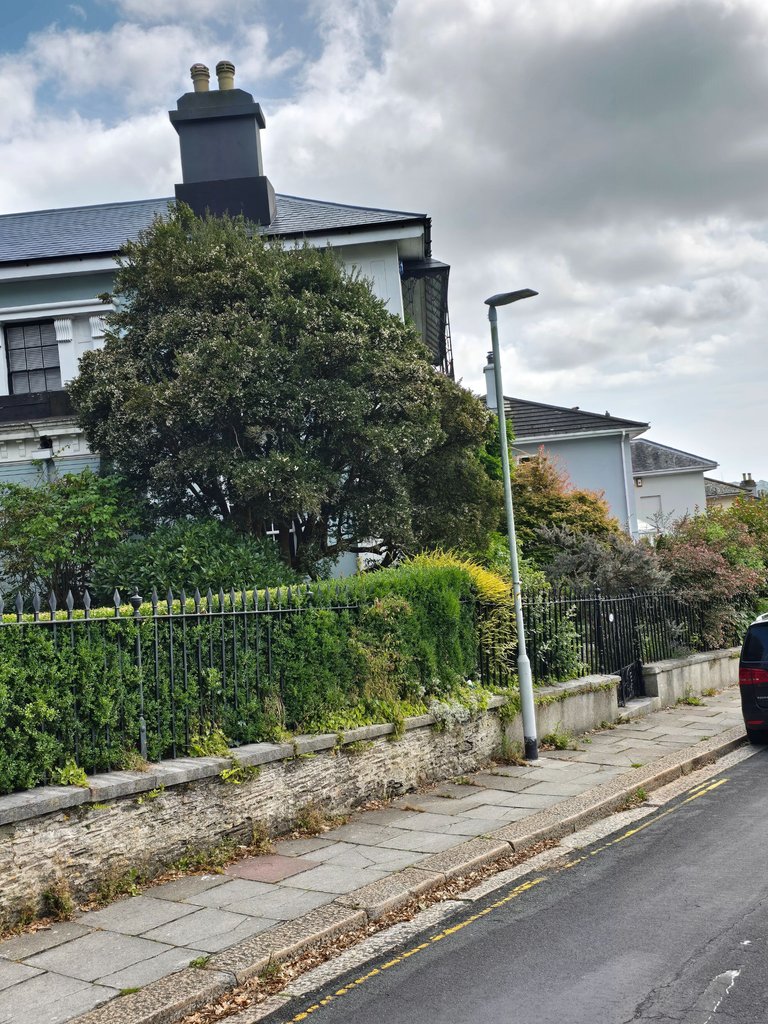
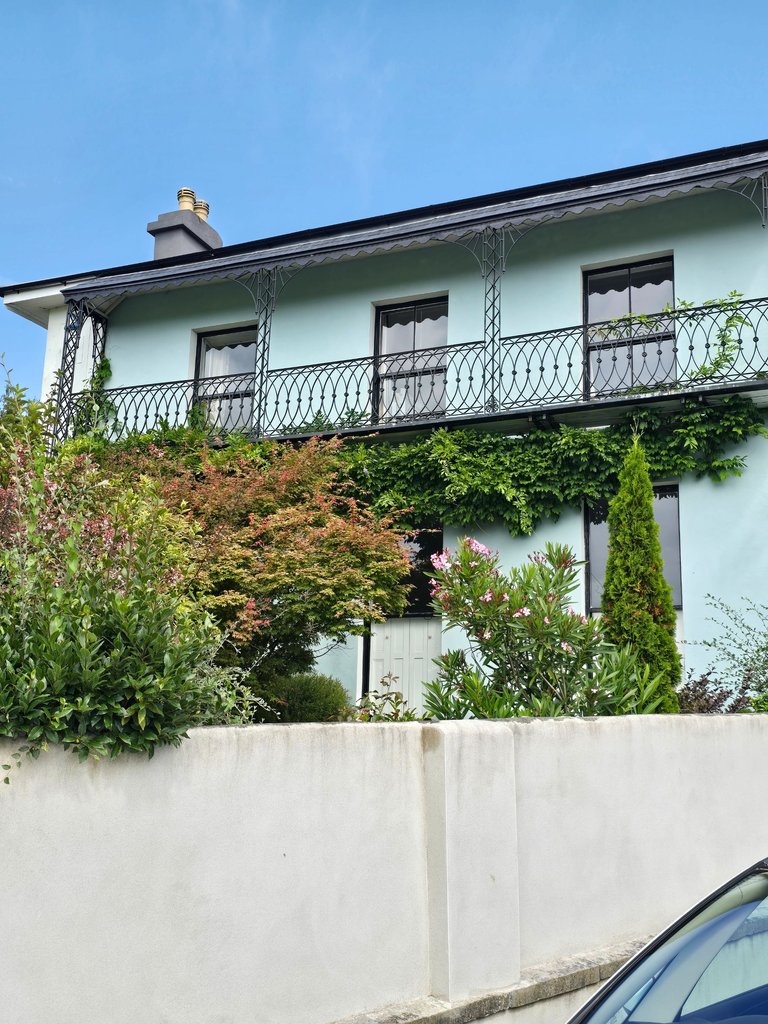
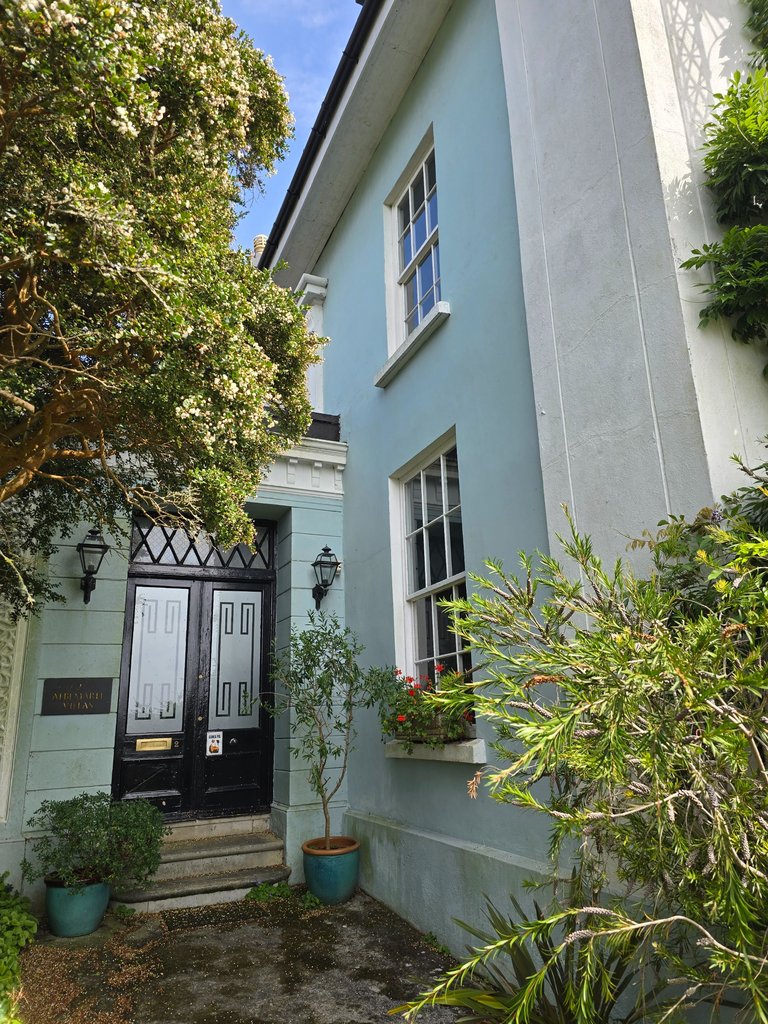
text and pictures by stuartcturnbull